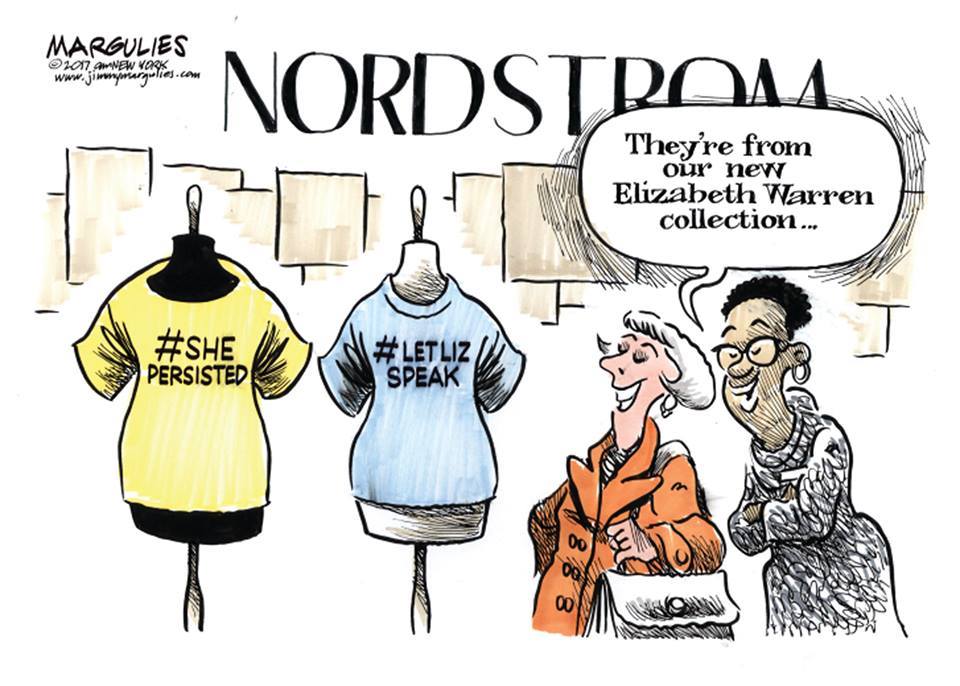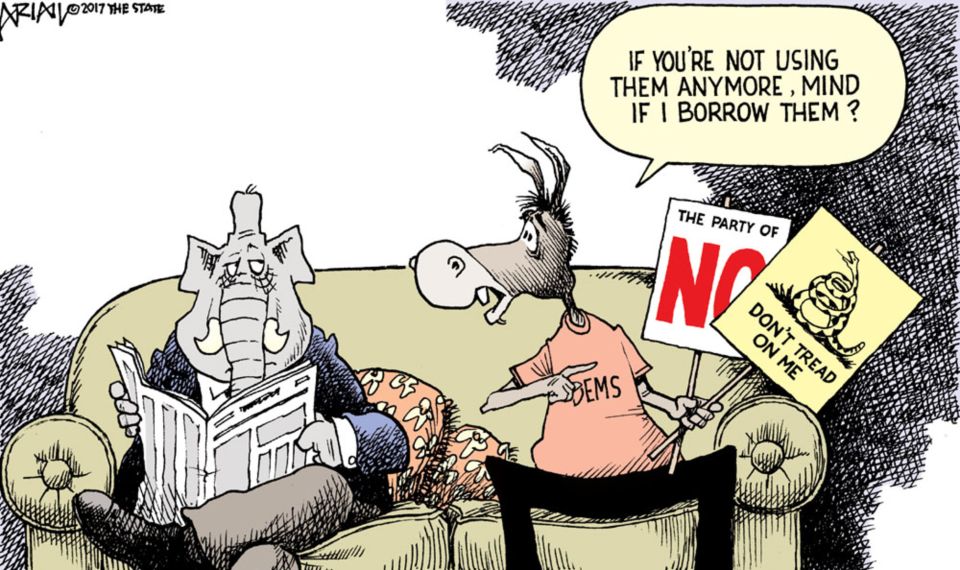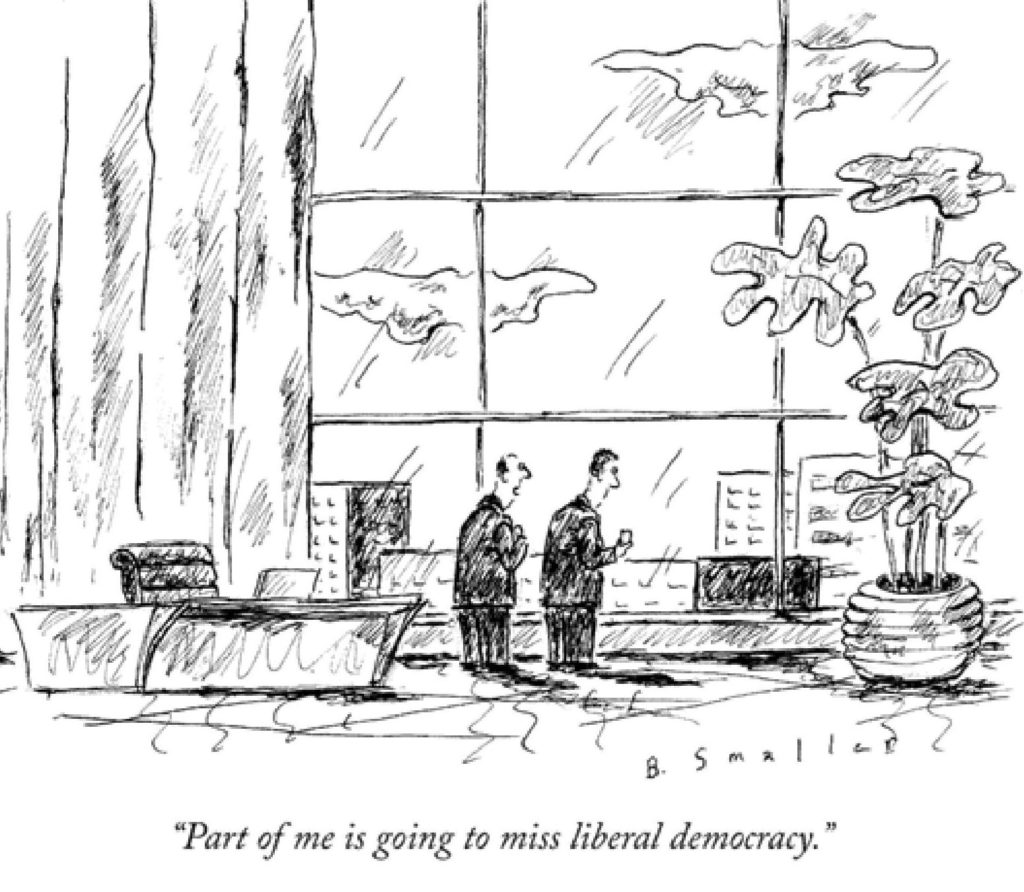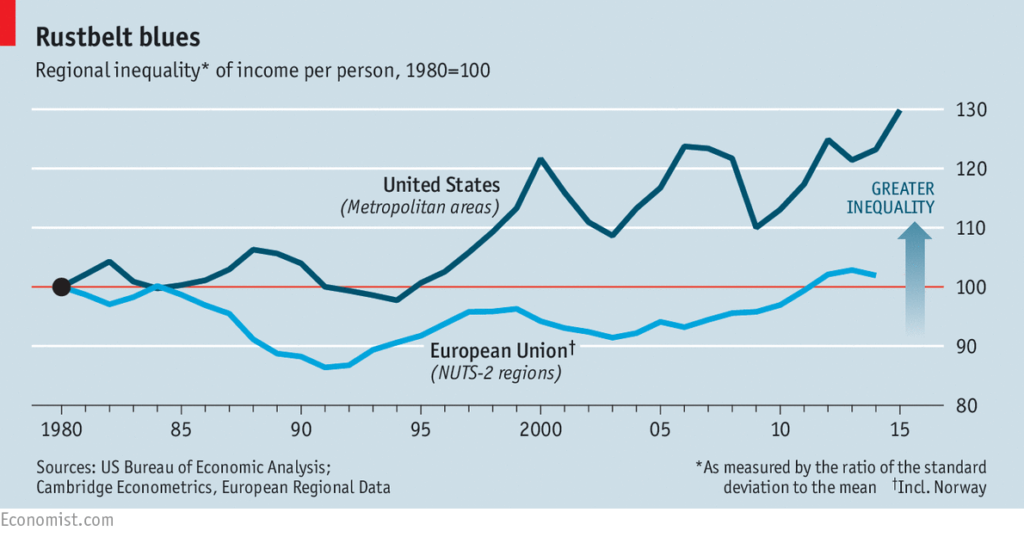Wrongo and Ms. Right went to a concert by Buster Poindexter on Saturday. Poindexter is a stage persona for David Johansen, a glam rocker from the 1970s, when he fronted a group called the New York Dolls. Poindexter’s thing is to look suave and sophisticated, holding a drink, while singing an eclectic song book. He tries to say something humorous as a lead-in to the next song. His first comment was that he had been drinking steadily since November 9th.
The venue is in rock-solid conservative territory, but the line mostly drew laughs from a decidedly middle-age audience, except for one guy who screamed “bullshit” loudly and often during Poindexter’s first song. Eventually, the local police came, and the guy became a model of passive resistance, going to the floor limp, and unresponsive. After assuring themselves he hadn’t collapsed, the police ushered him out to a standing ovation, again, in a solidly Republican part of Connecticut. But think about this:

That sort of indicates that Trump voters are a forgiving lot. They were prepared to lock up Hillary Clinton for using a private email server because it jeopardized national security. Now the Trump administration is doing the same thing, and many think its no big thing. From The Hill: (brackets by the Wrongologist)
The [poll] results are surprising, considering Trump’s campaign included calling out Democratic presidential nominee Hillary Clinton for using a private email server while she was Secretary of State.
According to Newsweek, at least four senior officials in President Trump’s White House have active accounts on a private Republican National Committee (RNC) email system. Counselor Kellyanne Conway, White House press secretary Sean Spicer, chief strategist and senior counselor Stephen Bannon and senior advisor Jared Kushner all have rnchq.org email accounts. More from Newsweek: (emphasis by the Wrongologist)
The system (rnchq.org) is the same one the George W. Bush administration was accused of using to evade transparency rules after claiming to have “lost” 22 million emails.
Think about that. If it weren’t for double standards, Republicans would have no standards at all. But maybe the crowd reaction at the Poindexter concert showed us something: Buyer’s Remorse.
Remorseful Republican voters can help bigly in 2020 (and maybe in 2018), because all it takes is a few of them to make a difference in who becomes the next president. Presidential elections are won on the narrowest of margins, so if, 3-4% of Trump voters show remorse and flip, or decide to stay home, Trump could lose by a wide margin, even while maintaining the vast majority of his support.
Moreover, if many of them are demoralized or turned off by 2018 that could flip midterm Senate seats. Think back to 2006: the Democratic Senate pickups that year were in four states Bush had won (MT, VA, MO, OH) and one he had only lost by 2.5% (PA), which ended up in a 17 point blowout. Why? GW Bush voters stayed home, or switched.
OTOH, the only Republicans up in 2018 are the ones who survived 2006 and 2012, the year the Tea Party decided to debate “legitimate rape”).
There is virtually no way to make the 2018 map good. There are only 9 Republican-held seats up for election at all; three of those would have to go to Democrats in order to flip the Senate, even if all the vulnerable Democratic seats were held. The best that can be hoped for is mitigating the damage.
As Kathleen Parker in the WaPo said:
Thus far, Trump and his henchmen have conducted a full frontal assault on civil liberties, open government and religious freedom, as well as instigating or condoning a cascade of ethics violations ranging from the serious (business conflicts of interest) to the absurd (attacking a department store for dropping his daughter’s fashion line). And, no, it’s not just a father defending his daughter. It’s the president of the US bullying a particular business and, more generally, making a public case against free enterprise.
Parker is a conservative columnist. To an objective observer, it would seem that quite a few Republicans will decide not to defend the indefensible.
To help them arise from their slumbers, which at least a few did on Saturday night, here is Buster Poindexter with Hot, Hot, Hot from 1987:
That’s Bill Murray pouring the martini @ 2:00.
Those who read the Wrongologist in email can view the video here.











